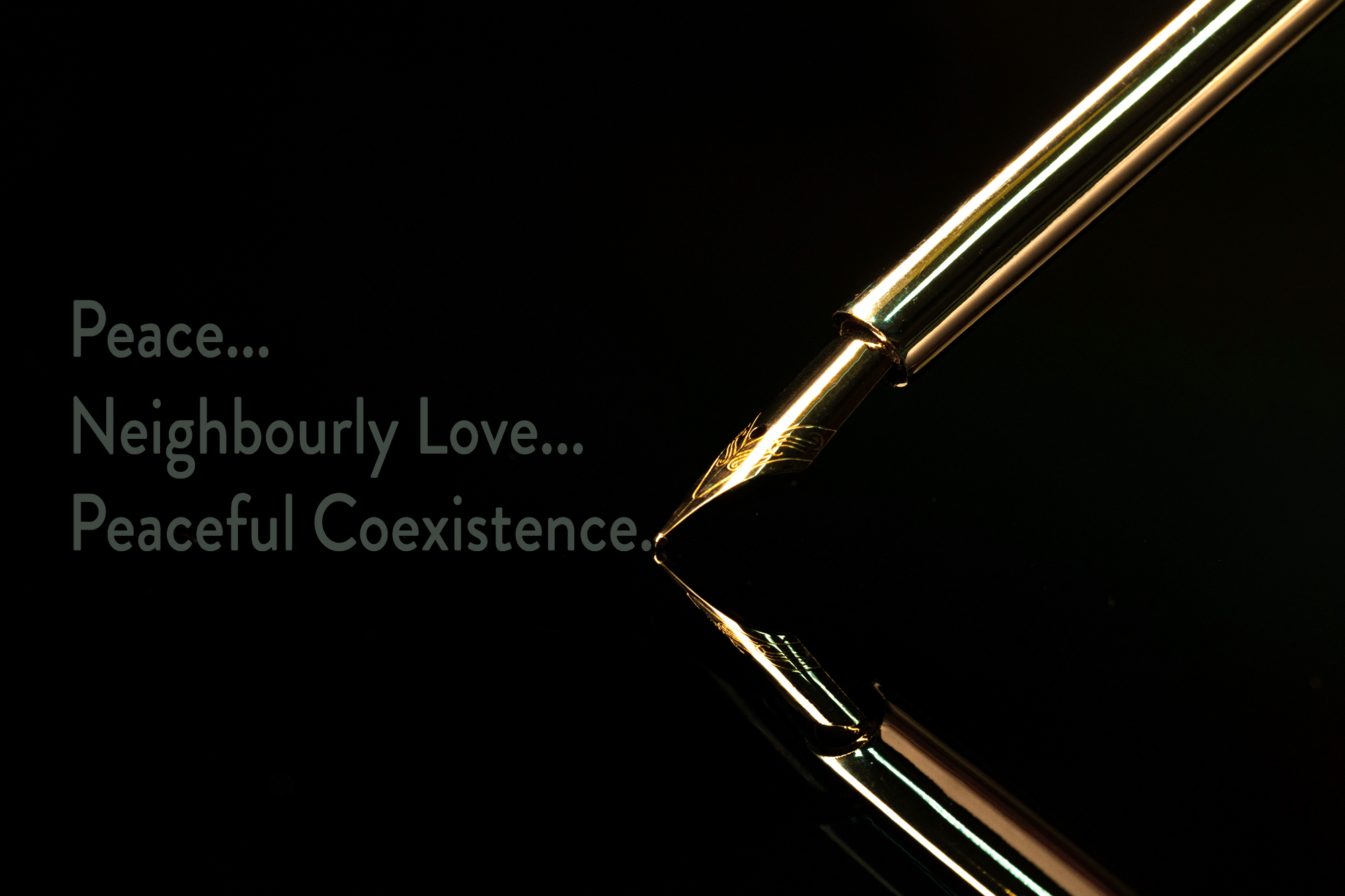
In recent years documentaries and books as well as blog articles tell us how disruptive the internet is to our work ethics, how problematic it has become for people to constantly check their phones and so on social media about their latest ratings, the newest trend, even if only purported, or the most scary news.
Of course, with any new technology, it is added, this means we should be careful, not to say beware: dreadful things are happening, people become dumb, or dumber through the internet, more distracted, less able to focus.
But as I posted before, history can teach us: neither these warnings nor the idea of a new technology or medium being dangerous to the average person’s mind is really new.
When Gutenberg invented printing, the church and other ‘forward thinkers’ predicted dreadful consequences, for minds as well as morals of the population.
When radio came first into being, it was a wide-spread fear that those waves would damage brains or thinking or make impotent or even criminal.
When TV arrived on the horizon and was made available to the masses, the same happened, all over again.
The presumptions in all of this are:
- There’s an actual average level of the mind of humans that can be damaged or ‘pulled to depths of iniquity’.
- There’s a crucial point where certain kinds of knowledge or insight might cause the ‘fall from grace’ to happen again, the paradise-situation and first sin all over again: eat the fruit of enlightenment or insight and you will be disgraced.
What all of these prognosticators disregard sadly, are some basic truths of history and humans that are not all nice to look at but still true:
- For thousands of years dreadful crimes have been committed, cruelty and torture, by the inquisition, an institution of the Christian church, as well as feudal landlords, have inflicted pain and suffering and death on innocent people.
- Wars have caused actions of killing and torture the average mind shudders at. Rape, hunger, sophisticated torturing, you name it. And most of the time mankind exists, there was no internet, no social media and no radio, books or TV around.
- People, in throngs, used to visit public hangings and punishment that was institiuonalised torture, many a scary movie these days would shy away from depicting.
- Women were called ‘witches’ and tortured and burnt at the stake long before any of the abovementioned media were around, again, no radio, no books, no TV or internet.
- People always have exchanged sensations, told stories, true or false, ‘spun yarns’ and – looked for excitement in an often too boring reality.
- The ballads that were sung, the shallower of the plays in mass theatre productions, ‘wall newspapers’ that would pay tribute to any of the today’s tabloids, were in abundance long before analogue or digital technology were even thought of.
If anything, in many parts of the world with higher education levels and more well-paid jobs available, cruelties have decreased – except for times of war, which ‘behave’ according to precedent – and according to crimes’ statistical records that cover around two centuries now.
So, I like to put it rather like this, as someone said somewhere a couple of years ago:
‘Smart, educated people will smartly use and become more smart with using media, dumb ones will become dumber.’
It means responsibility again, too:
the better we ourselves learn to discern and also teach our children discretion of good or bad or the best media, the more hope is in it, for all.
